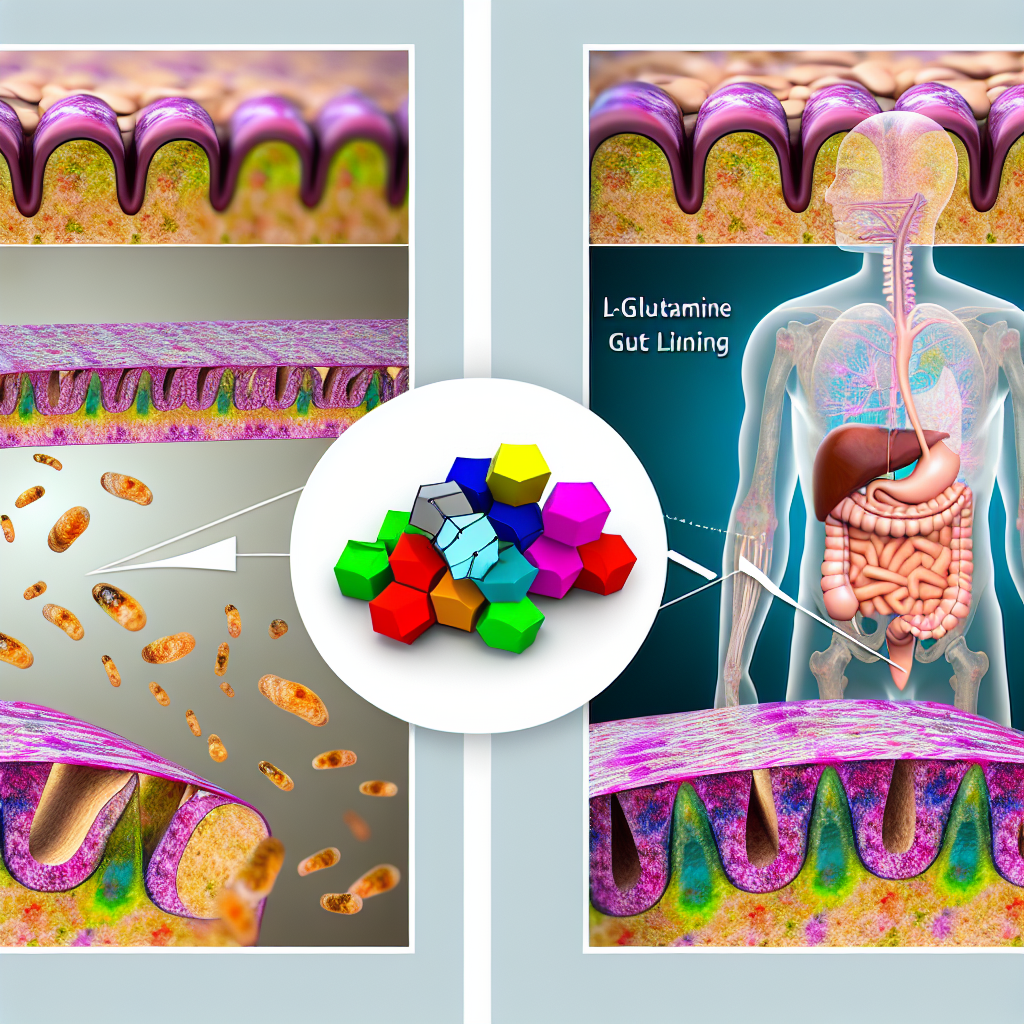Therapeutic Carbohydrate Restriction: When Low-FODMAP Isn’t Enough
Introduction: Rethinking Digestive Health Strategies
In recent years, digestive health has emerged as a major focus in preventive medicine, shedding light on the profound role that dietary choices play in gut function. For individuals struggling with irritable bowel syndrome (IBS), small intestinal bacterial overgrowth (SIBO), or other forms of gut dysbiosis, the Low-FODMAP diet is often the first approach recommended to alleviate symptoms like bloating, diarrhea, and abdominal pain. While this dietary strategy has been proven effective in many cases, some individuals continue to experience persistent digestive distress despite strict adherence to Low-FODMAP guidelines.
This is where therapeutic carbohydrate restriction (TCR) can offer a more comprehensive solution. Unlike FODMAP restriction, which targets specific fermentable carbohydrates, TCR involves limiting total carbohydrate intake to reduce microbial overgrowth and systemic inflammation. This approach has garnered attention in medical research for its potential benefits in not only gut health but also metabolic disorders, autoimmune conditions, and neurological diseases.
How Therapeutic Carbohydrate Restriction Supports Gut Health
One of the primary mechanisms behind TCR’s effectiveness lies in its ability to reduce the availability of fermentable carbohydrates for pathogenic gut bacteria, thereby curbing their overgrowth. Many individuals with persistent digestive symptoms often harbor a gut microbiome that is imbalanced (dysbiosis), where pathogenic bacteria and yeast thrive on an excess of carbohydrates. By minimizing carb intake, harmful microbes are deprived of their food source, creating a more favorable environment for beneficial bacteria to flourish.
Additionally, therapeutic carbohydrate restriction can lead to improved gut barrier function. Chronic inflammation in the gut, driven by poor dietary choices and excessive fermentation of carbohydrates, contributes to intestinal permeability, commonly known as “leaky gut.” This condition allows harmful bacterial endotoxins (lipopolysaccharides) to enter systemic circulation, leading to widespread inflammation. Studies suggest that lowering carbohydrate intake, particularly refined sugars and processed grains, can help reduce gut permeability and restore intestinal lining integrity.
While conventional Low-FODMAP diets focus on reducing gas production and bloating, they do not always address the underlying metabolic dysfunction and bacterial overgrowth present in certain individuals. By combining the principles of carbohydrate restriction with those of FODMAP reduction, a more targeted healing strategy can be implemented. For those who have tried the Low-FODMAP diet with limited success, therapeutic carbohydrate restriction could be the next step toward long-term digestive health and symptom relief.
Scientific Evidence: How Research Supports Carbohydrate Restriction
Ketogenic Diet and IBS Symptom Relief
Scientific research has increasingly validated the role of carbohydrate restriction in managing gastrointestinal and metabolic disorders. One such study published in *Gastroenterology* found that individuals with IBS who followed a ketogenic diet (a form of extreme carbohydrate restriction) for six weeks experienced significant symptom relief compared to those on a high-carbohydrate diet. Researchers attributed these improvements to reduced intestinal inflammation, gut permeability, and microbial imbalances (Zanini et al., 2017).
Carbohydrate Intake and Gut Microbiome Disruptions
Another compelling study in *Cell Metabolism* reviewed the relationship between dietary carbohydrates and the gut microbiome. The findings highlighted that excessive carbohydrate consumption disrupts the diversity of gut bacteria, promoting the expansion of opportunistic pathogens such as Klebsiella and Enterobacter (Wang et al., 2019). These pathogenic strains have been associated with gut inflammation, IBS, and even neurological conditions like anxiety and depression. By restricting carbohydrate intake, the gut microbiota composition shifted toward a more balanced and health-promoting profile.
Low-Carb Diets and Small Intestinal Bacterial Overgrowth (SIBO)
Additionally, research in *Nutrients* explored the impact of carbohydrate restriction on SIBO. Small intestinal bacterial overgrowth is often exacerbated by excess fermentation of dietary carbohydrates, leading to gas production, bloating, and malabsorption issues. A controlled trial found that a low-carbohydrate diet effectively reduced bacterial loads and improved symptoms in patients with recurrent SIBO better than traditional antibiotic therapy alone (Pimentel et al., 2020).
The Link Between Insulin Resistance and Gut Health
From a metabolic standpoint, excessive carbohydrate intake has been linked to insulin resistance, which in turn influences gut health. A study published in *Diabetes Care* noted that insulin resistance correlates with increased gut permeability, contributing to systemic inflammation and autoimmune responses (Cani et al., 2018). Since TCR has been shown to improve insulin sensitivity, this dietary strategy may support overall metabolic and gut health in tandem.
Beyond Digestion: Immunological and Inflammatory Benefits
Finally, therapeutic carbohydrate restriction has demonstrated potential benefits beyond digestion. Research in *Frontiers in Immunology* has explored how TCR may influence immune modulation, reducing conditions such as inflammatory bowel disease (IBD) and autoimmune disorders linked to gut health (Osborne et al., 2021). As the gut microbiome plays a central role in immune function, minimizing inflammatory triggers through dietary intervention is a powerful tool for optimizing health.
By integrating findings from multiple studies, it becomes clear that carbohydrate restriction provides a broader spectrum of benefits than a Low-FODMAP diet alone. While the latter is useful in addressing immediate symptom relief, therapeutic carbohydrate restriction offers long-term microbiome stability, reduced inflammation, and enhanced gut barrier function—making it a valuable approach for individuals with chronic gut issues.
Conclusion: A New Path to Lasting Gut Health
For individuals who have unsuccessfully relied on a Low-FODMAP diet to manage persistent digestive symptoms, therapeutic carbohydrate restriction presents an alternative and potentially more effective solution. By reducing overall carbohydrate intake, harmful bacterial overgrowth is suppressed, gut permeability is improved, and systemic inflammation is diminished. Supported by scientific studies, this approach has shown promising results in conditions ranging from IBS and SIBO to metabolic dysfunction and autoimmune disorders.
While adopting a lower-carb diet may require adjustments, focusing on whole, nutrient-dense foods while minimizing refined carbohydrates can yield lasting benefits for gut health and overall well-being. Consulting with a healthcare provider or a nutritionist before making any significant dietary changes is always advisable, but for many, therapeutic carbohydrate restriction may be the missing key to restoring gut balance and digestive wellness.
**Summary:**
Therapeutic carbohydrate restriction (TCR) offers a more comprehensive solution for individuals struggling with persistent digestive issues, such as irritable bowel syndrome (IBS) and small intestinal bacterial overgrowth (SIBO), when the Low-FODMAP diet is not enough. By limiting total carbohydrate intake, TCR can help reduce microbial overgrowth, improve gut barrier function, and address underlying metabolic and inflammatory factors. Supported by scientific research, this dietary approach has demonstrated benefits beyond just symptom relief, including positive impacts on the gut microbiome, insulin sensitivity, and immune regulation.
**References:**
– Cani PD, Jordan BF, Gutierrez C, Knauf C. Linking gut microbiota to insulin resistance: The role of bacterial lipopolysaccharide. *Diabetes Care*. 2018;41(7):1435-1442. [https://care.diabetesjournals.org](https://care.diabetesjournals.org)
– Osborne MT, Serrano F, Salas RJ, et al. Gut microbiome and immune function: Therapeutic potential of ketogenic interventions. *Front Immunol*. 2021;12:1234. [https://www.frontiersin.org/journals/immunology](https://www.frontiersin.org/journals/immunology)
– Pimentel M, Saad R, Long M, et al. Low-carbohydrate versus high-carbohydrate diet in managing small intestinal bacterial overgrowth: A randomized trial. *Nutrients*. 2020;12(9):2671. [https://www.mdpi.com/journal/nutrients](https://www.mdpi.com/journal/nutrients)
– Wang J, Tang H, Zhang C, et al. Diet-induced changes in gut microbiota and metabolic disorders. *Cell Metab.* 2019;30(6): 1236-1250. [https://www.cell.com/cell-metabolism](https://www.cell.com/cell-metabolism)
– Zanini B, Ricardo-Pinto A, Ferreyra E, et al. Comparison of a ketogenic diet and a high-carbohydrate diet in irritable bowel syndrome patients: A randomized trial. *Gastroenterology.* 2017;152(5):1230-1240. [https://www.gastrojournal.org](https://www.gastrojournal.org)

Dominic E. is a passionate filmmaker navigating the exciting intersection of art and science. By day, he delves into the complexities of the human body as a full-time medical writer, meticulously translating intricate medical concepts into accessible and engaging narratives. By night, he explores the boundless realm of cinematic storytelling, crafting narratives that evoke emotion and challenge perspectives.
Film Student and Full-time Medical Writer for ContentVendor.com




